(CLO) Allies and opponents alike have prepared for changes in US economic and foreign policy in the next four years after Donald Trump won the White House race.
Leaders of many countries around the world quickly sent their congratulations to Mr. Donald Trump after the US media confirmed that he won the presidential election this year.
But countries around the world are also preparing for what are expected to be rapid changes in economic and foreign policy in Trump's second term.
On the Middle East and Ukraine
In the Middle East hotspot, the second-term Trump administration is likely to return to the policy of "maximum pressure" on Tehran, as they did during the leader's first term, according to the Wall Street Journal.
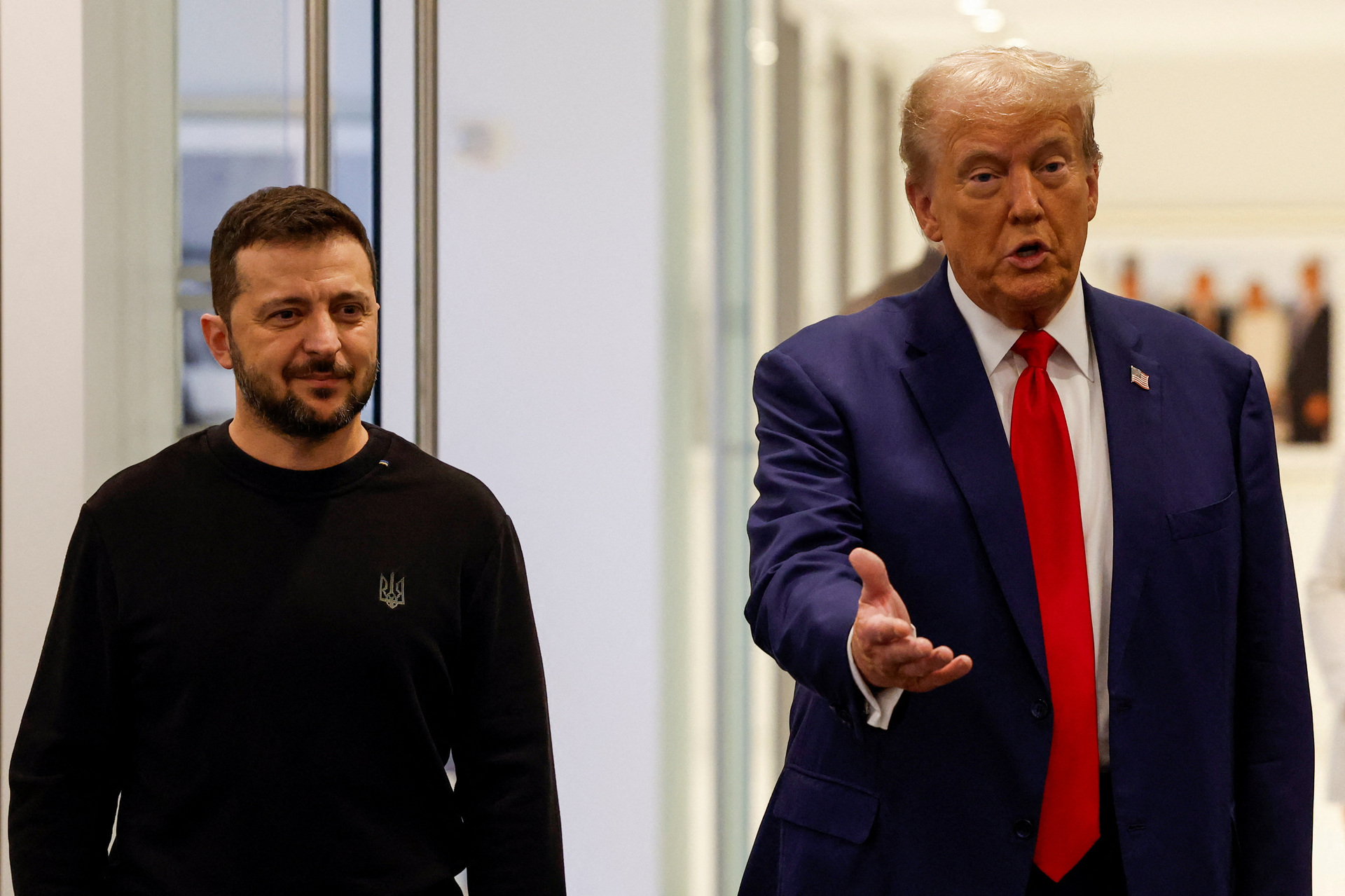
Many experts are questioning the ability of the US to maintain major support for Ukraine under Mr. Trump. Photo: Reuters
“That could reshape the dynamics in a region where Iran and its proxies are engaged in a multifront conflict with Israel,” the Wall Street Journal wrote. “Israeli Prime Minister Benjamin Netanyahu, a Trump supporter who was quick to congratulate him, could push back harder against Iran.”
For Ukraine, a Trump presidency would increase uncertainty about Kiev’s ability to continue receiving massive financial and material support from the United States.
Ukrainian President Volodymyr Zelenskyy has congratulated Donald Trump on his “impressive election victory”. But prominent figures close to Mr Trump have expressed wariness about US support for Ukraine.
During his election campaign, Mr. Trump himself mentioned more than once that he wanted to help end the Russia-Ukraine conflict and could negotiate with Russian President Vladimir Putin to seek a peace agreement.
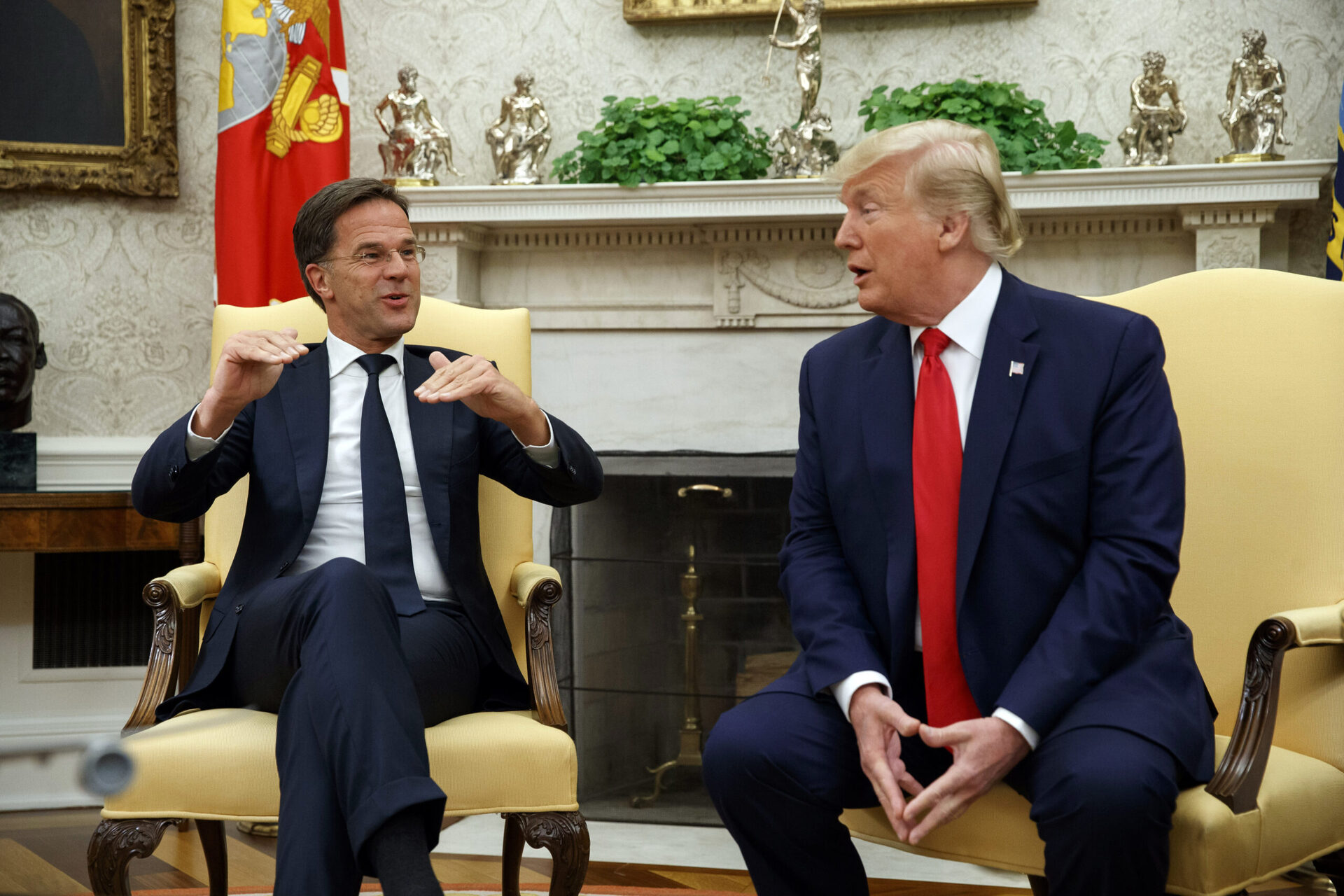
NATO's new Secretary General Mark Rutte, who had a rather "harsh" reaction to Mr. Trump in 2018 when he was the Prime Minister of the Netherlands, also quickly congratulated Mr. Trump. Photo: AP
At NATO headquarters in Brussels, officials are now facing questions about the future of the US-led organization. Mr Trump has repeatedly criticized the military alliance, saying most European members have long lagged behind the US in military spending.
European spending has reversed course in recent years, rising sharply after the Russia-Ukraine conflict. Whether the increase will be enough to appease the Trump administration remains a question that worries European diplomats.
NATO’s new Secretary General Mark Rutte, who had a “severe” response to Trump in 2018 when he was prime minister of the Netherlands, has recently spoken of the need for NATO to spend more and do more. On Wednesday morning, Mr. Rutte was quick to congratulate Mr. Trump.
“I look forward to working with him again to advance peace through strength through NATO,” said Secretary General Rutte. “Through NATO, America has 31 friends and allies who advance American interests, amplify American power, and keep Americans safe.
But increasing military spending would require action from the governments and legislatures of NATO's 32 members - 29 of which are European - making swift action difficult.
From the European Union...
In Brussels, European Union (EU) officials plan to respond to pressure from Mr Trump, who repeatedly voiced his displeasure over the US trade deficit with the EU during the election campaign.
EU officials and diplomats have stressed in recent weeks that they do not want a trade war. But they have said Europe would be ready to respond with targeted countermeasures if the new US administration imposes heavy tariffs.
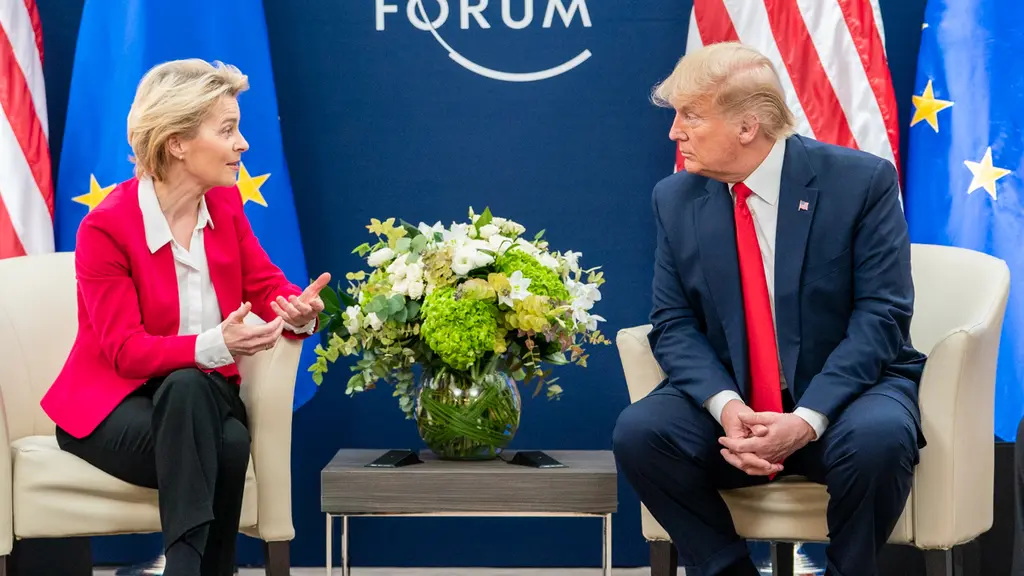
European Commission President Ursula von der Leyen talks with Donald Trump at the 2020 Davos World Economic Forum. Photo: Reuters
“Millions of jobs and billions of dollars in trade and investment on each side of the Atlantic depend on the dynamism and stability of our economic relationship,” said European Commission President Ursula von der Leyen.
The decision on which US goods could be targeted in retaliation would depend on the details of any trade measures from across the Atlantic.
The Wall Street Journal notes that Europe’s response is likely to follow a familiar pattern. After Trump imposed steel and aluminum tariffs on Europe during his first term, the EU responded by imposing tariffs on a range of American products, including bourbon whiskey from Kentucky, the home state of then-Senate Majority Leader Mitch McConnell, a Republican.
EU officials have also looked at what the bloc could offer the US on trade, including the possibility of greater cooperation on agricultural machinery, diplomats said.
...to Korea and China
For China, Mr Trump’s return could spark a new phase in the trade war that began during his first term as broader relations between Washington and Beijing fray.
During the campaign, Mr. Trump floated a plan to impose a 60% tariff on all imports from China, a significant increase from the more modest tariff increases on some Chinese goods that had been a signature policy of his first term as president.
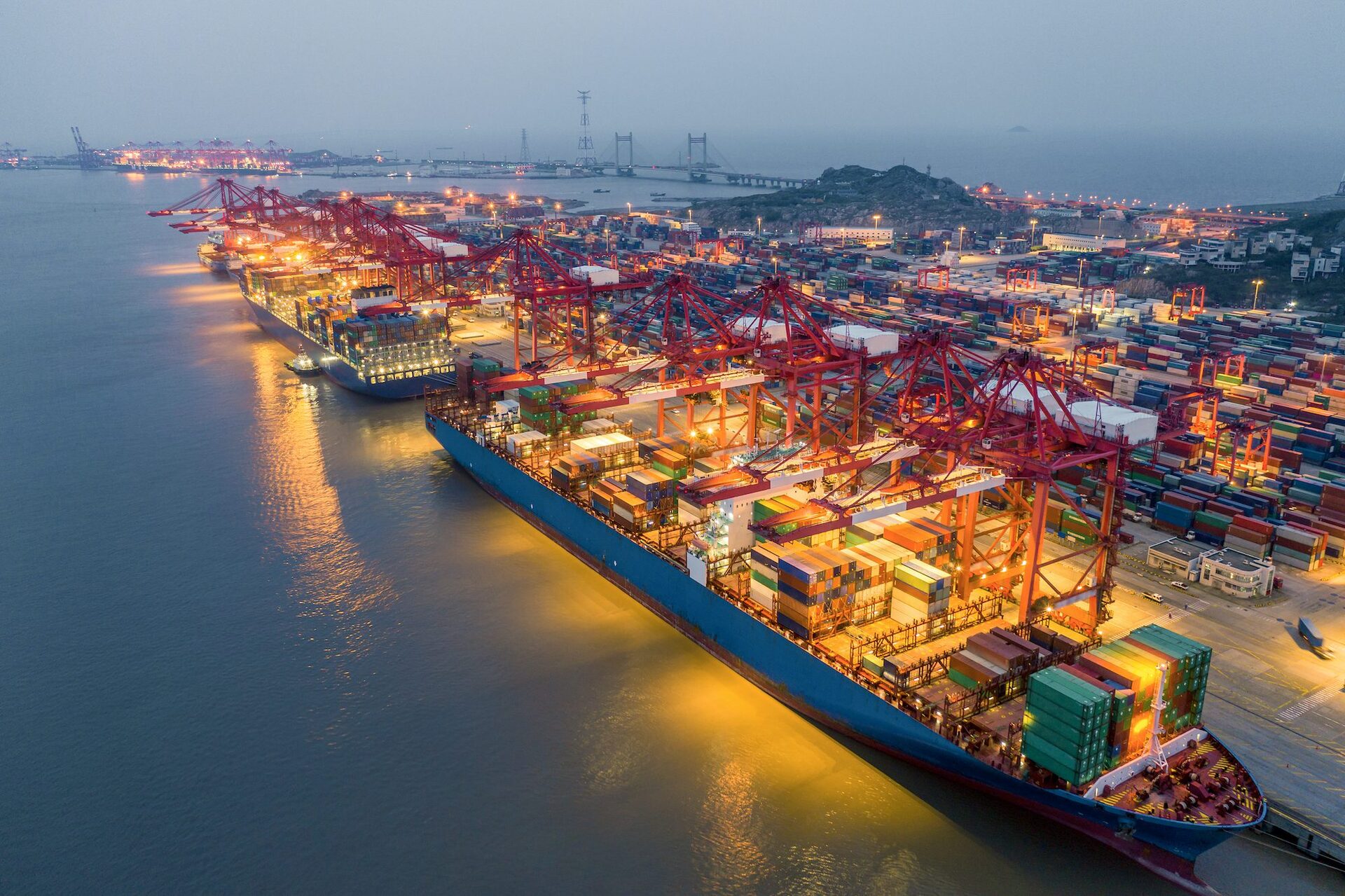
During the election campaign, Mr. Trump proposed a 60% tariff on all imports from China. Photo: GI
New US trade barriers will hurt China’s economy. Higher tariffs would severely impact trade with the US, possibly by as much as 70%, according to Oxford Economics, reducing China’s share of US imports to just 4%, from about 14% in 2023.
Like the EU, China could also try to force the US to reconsider its trade actions through retaliation, potentially by raising tariffs on US products like motorcycles and bourbon, or withholding supplies of critical minerals needed in high-tech industries like chipmaking.
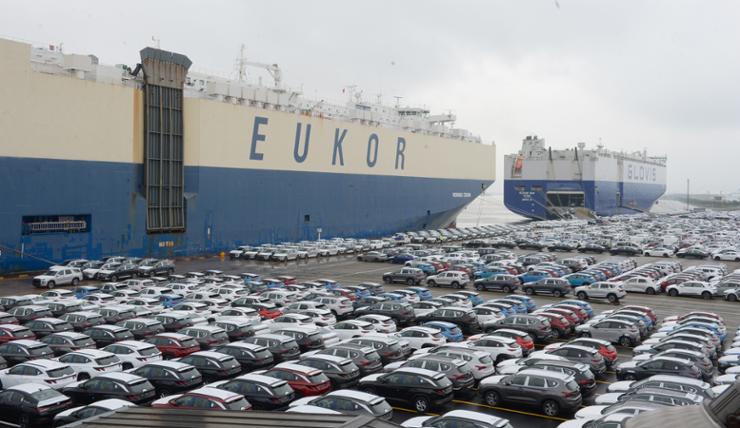
Thousands of South Korean cars are set to be exported to the US. Cars are one of the key products that helped Seoul achieve a record trade surplus with Washington last year. Photo: Korea Times
South Korea has pinned high hopes on a Joe Biden presidency, with its top conglomerates exporting tens of billions of dollars worth of semiconductors, electric vehicles, batteries, auto parts and computers to the U.S. That helped South Korea post a record trade surplus with the U.S. in the first half of 2024, up about 55% from a year earlier to about $29 billion, according to Seoul’s official estimates.
But Mr Trump, who has previously targeted trade imbalances with other countries, may be looking to revisit his predecessor’s industrial policy. Shares in South Korean electric vehicle battery makers and solar panel makers plunged on Wednesday.
Quang Anh (according to Wall Street Journal)
Source: https://www.congluan.vn/nhung-du-bao-ve-chinh-sach-voi-the-gioi-cua-ong-donald-trump-post320299.html




![[Photo] Closing of the 11th Conference of the 13th Central Committee of the Communist Party of Vietnam](https://vstatic.vietnam.vn/vietnam/resource/IMAGE/2025/4/12/114b57fe6e9b4814a5ddfacf6dfe5b7f)

![[Photo] Overcoming all difficulties, speeding up construction progress of Hoa Binh Hydropower Plant Expansion Project](https://vstatic.vietnam.vn/vietnam/resource/IMAGE/2025/4/12/bff04b551e98484c84d74c8faa3526e0)

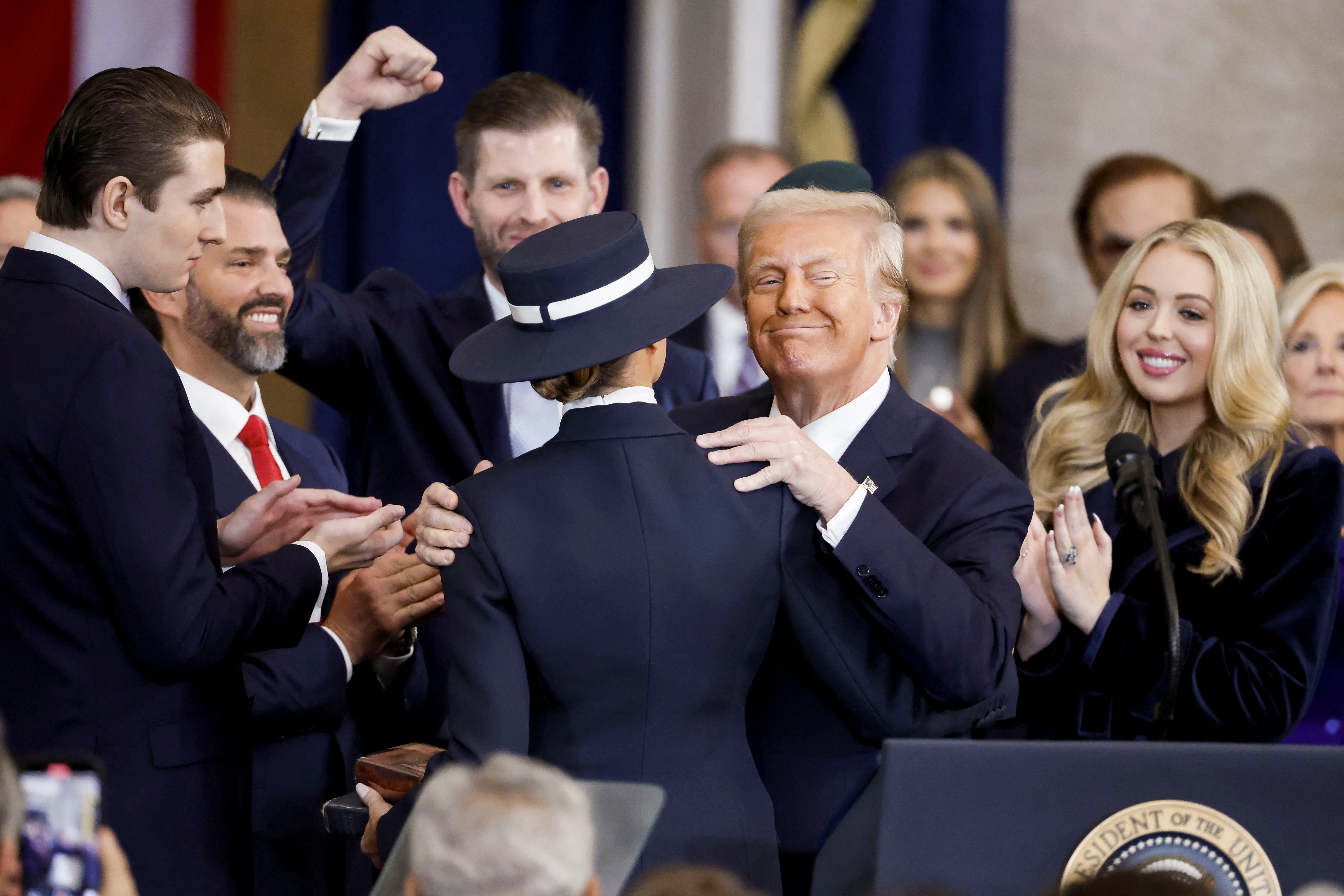

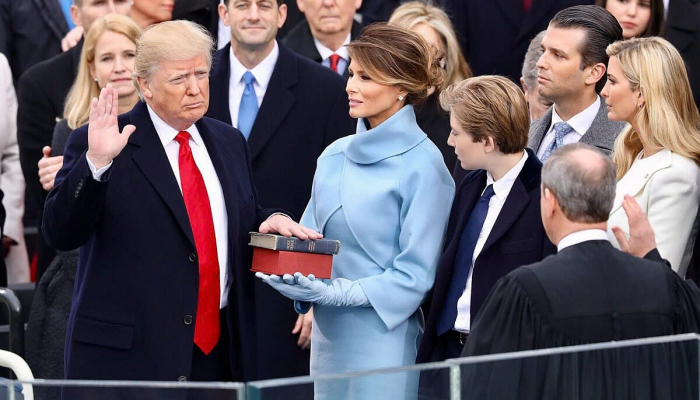
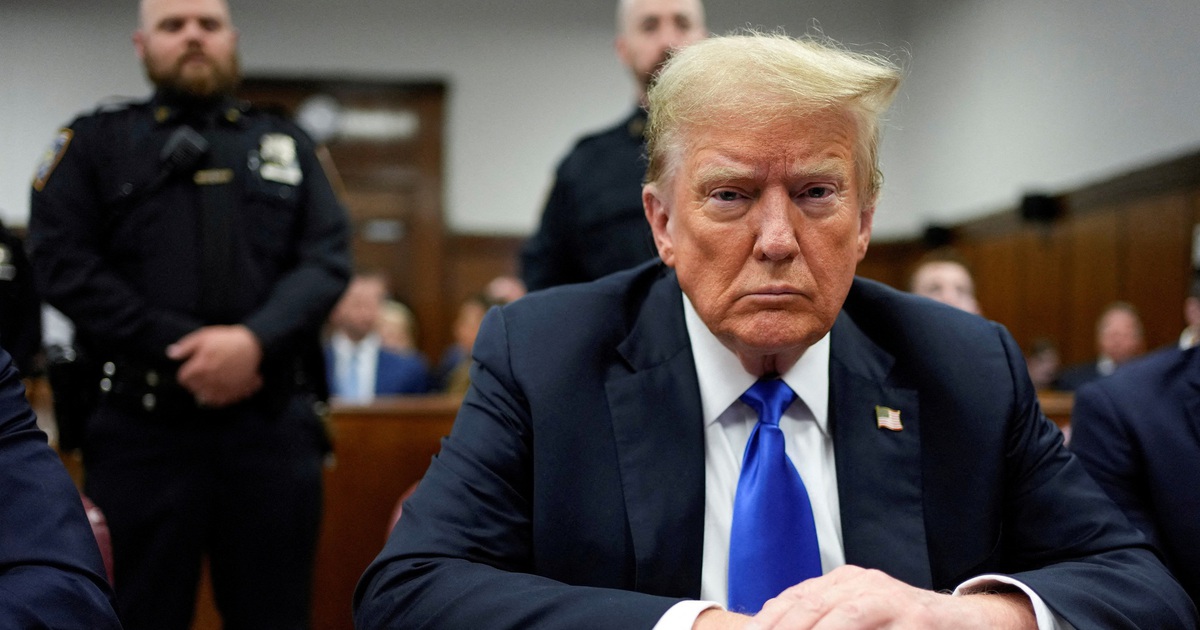

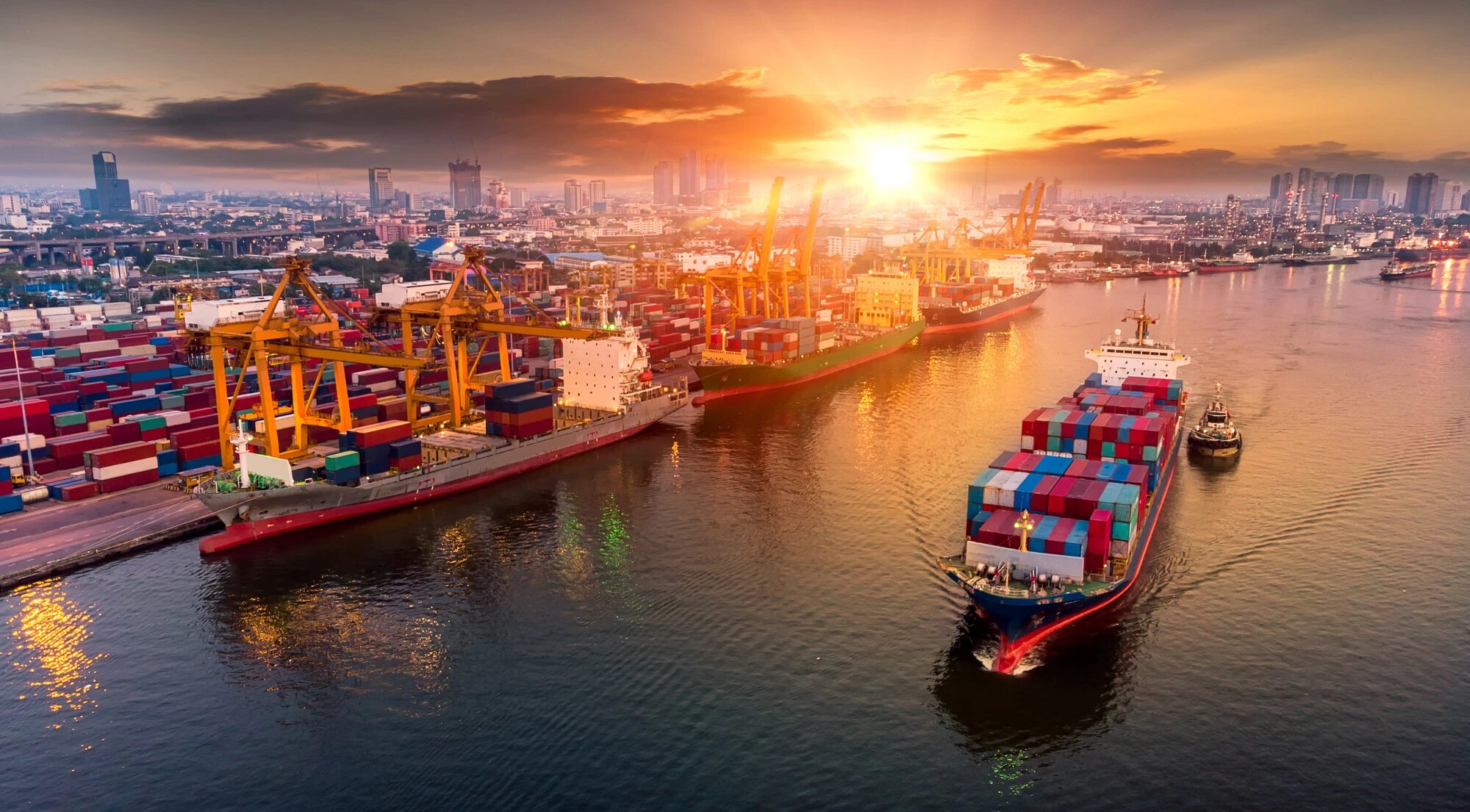

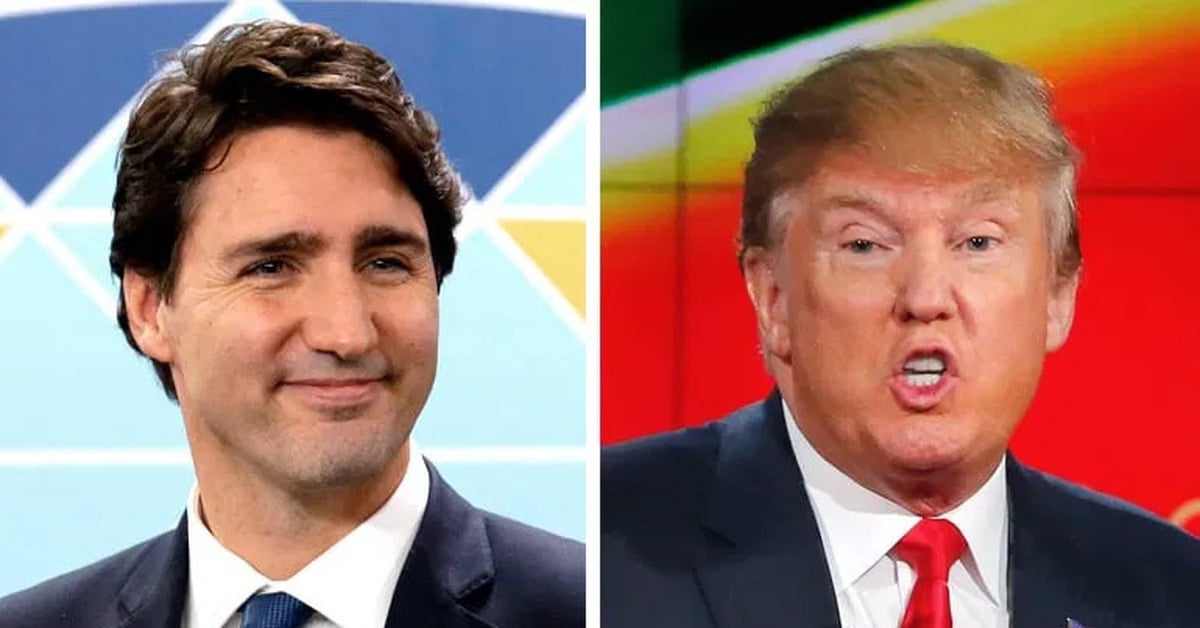

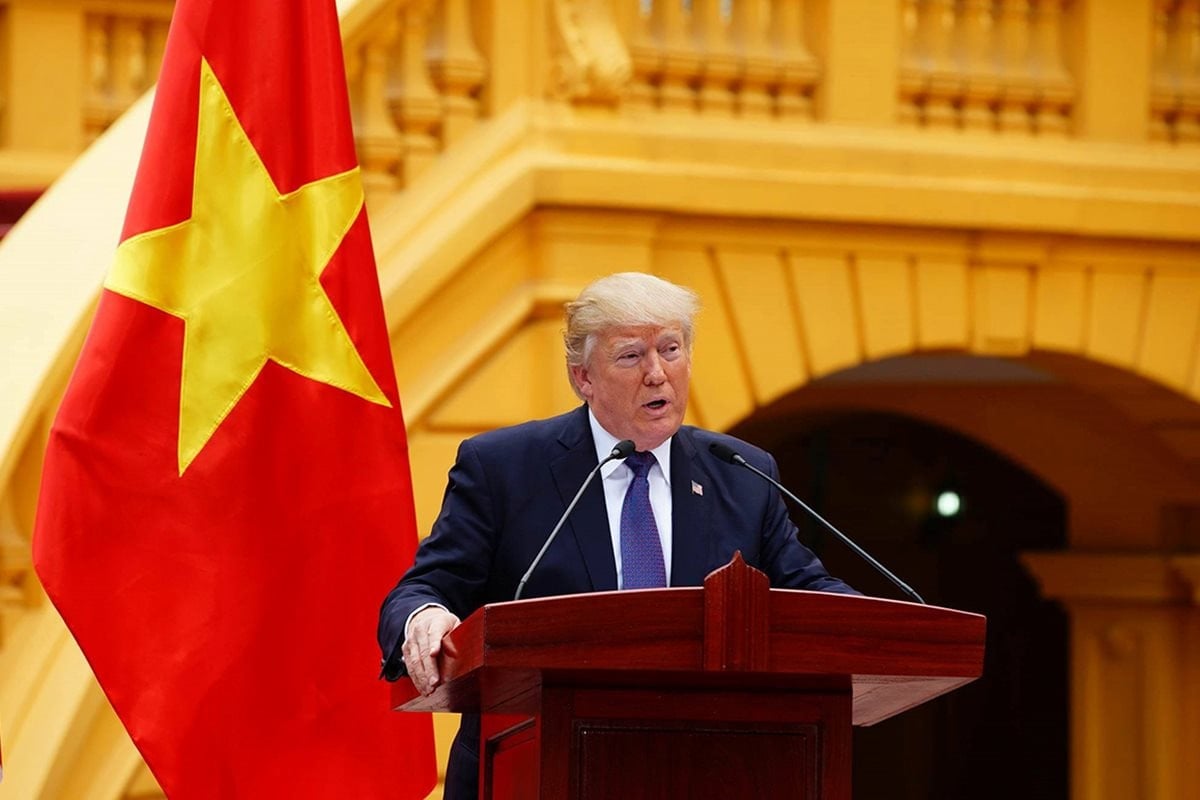


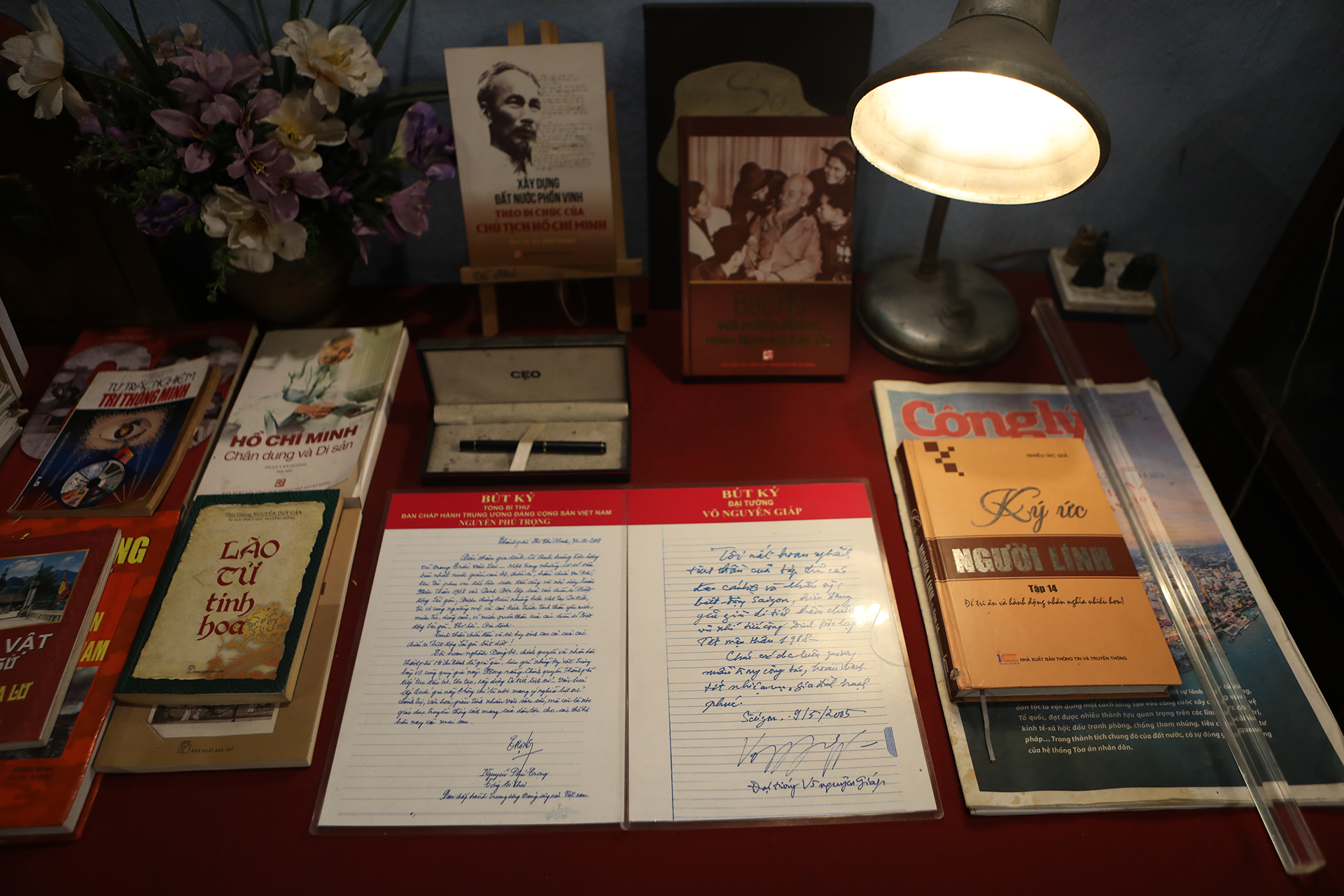
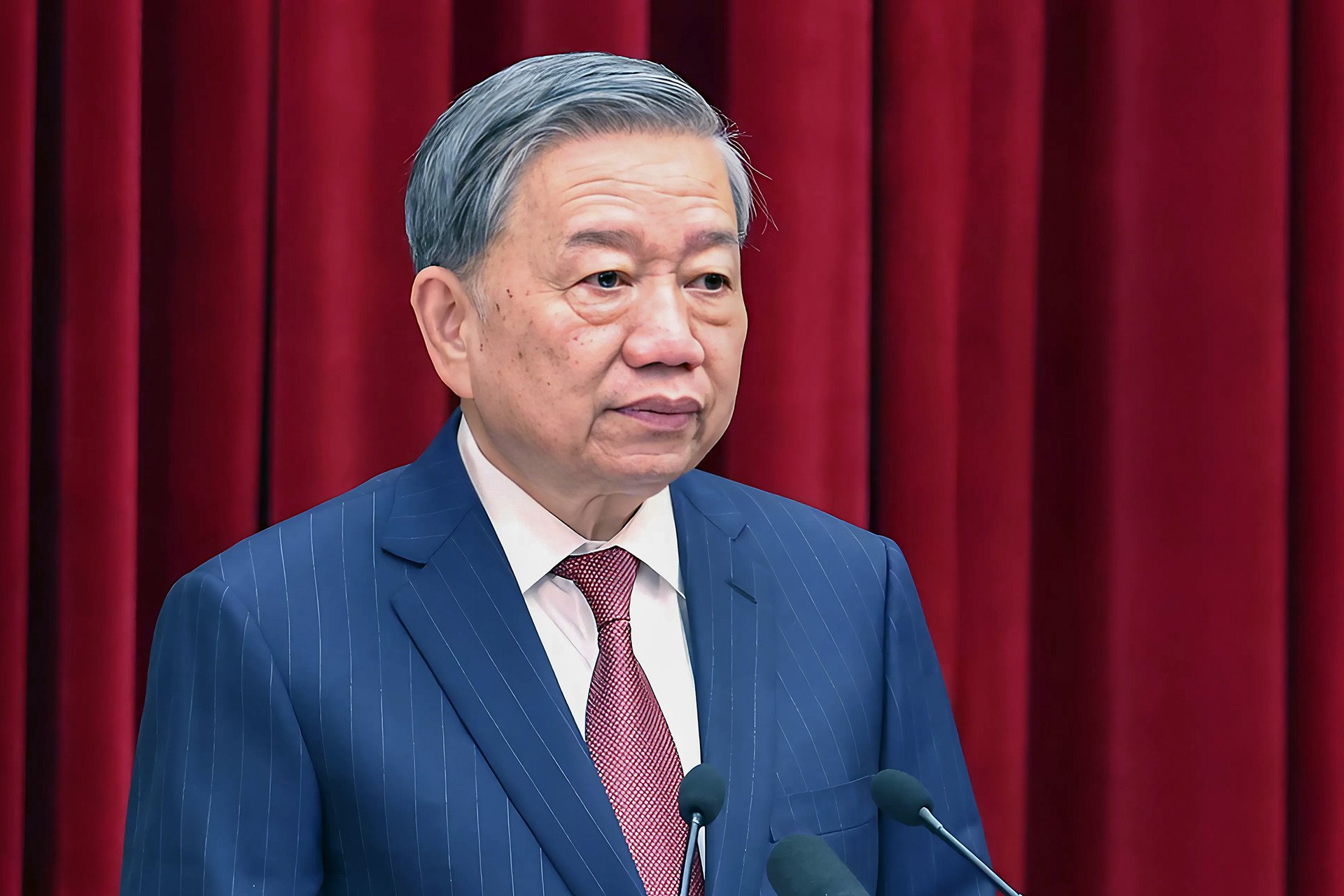
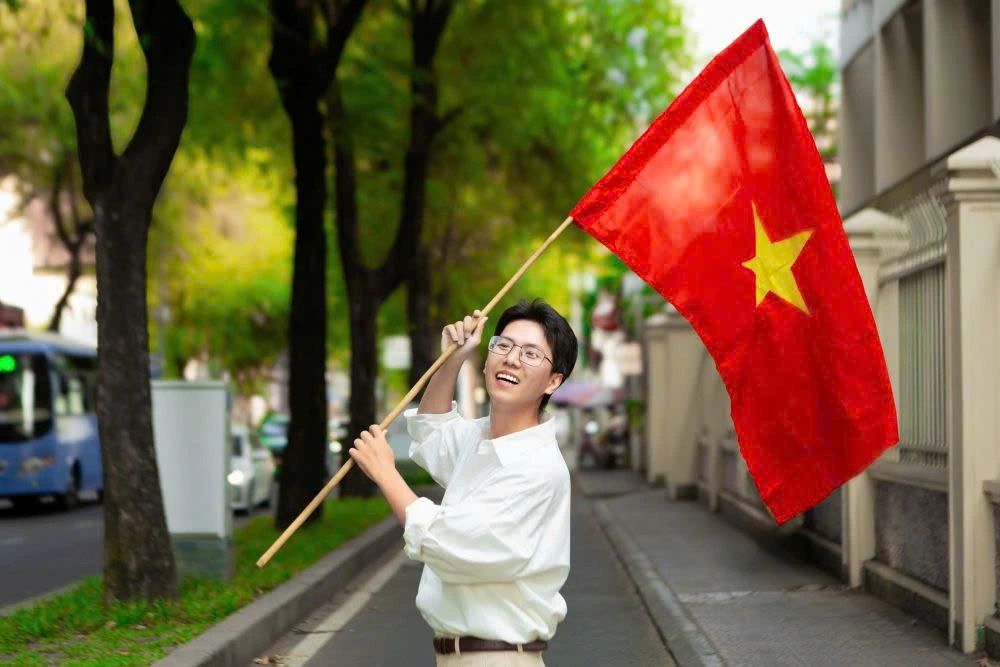
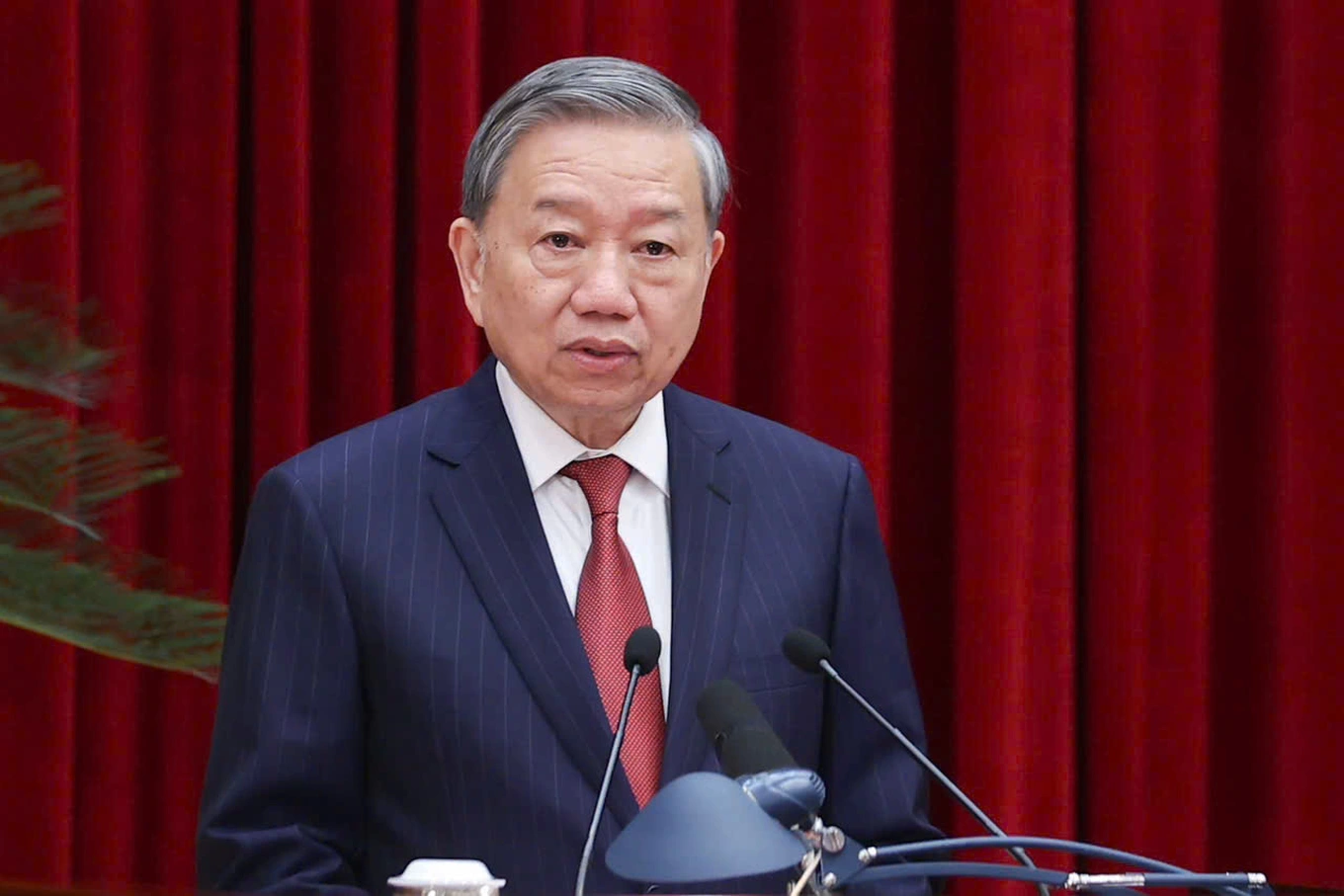
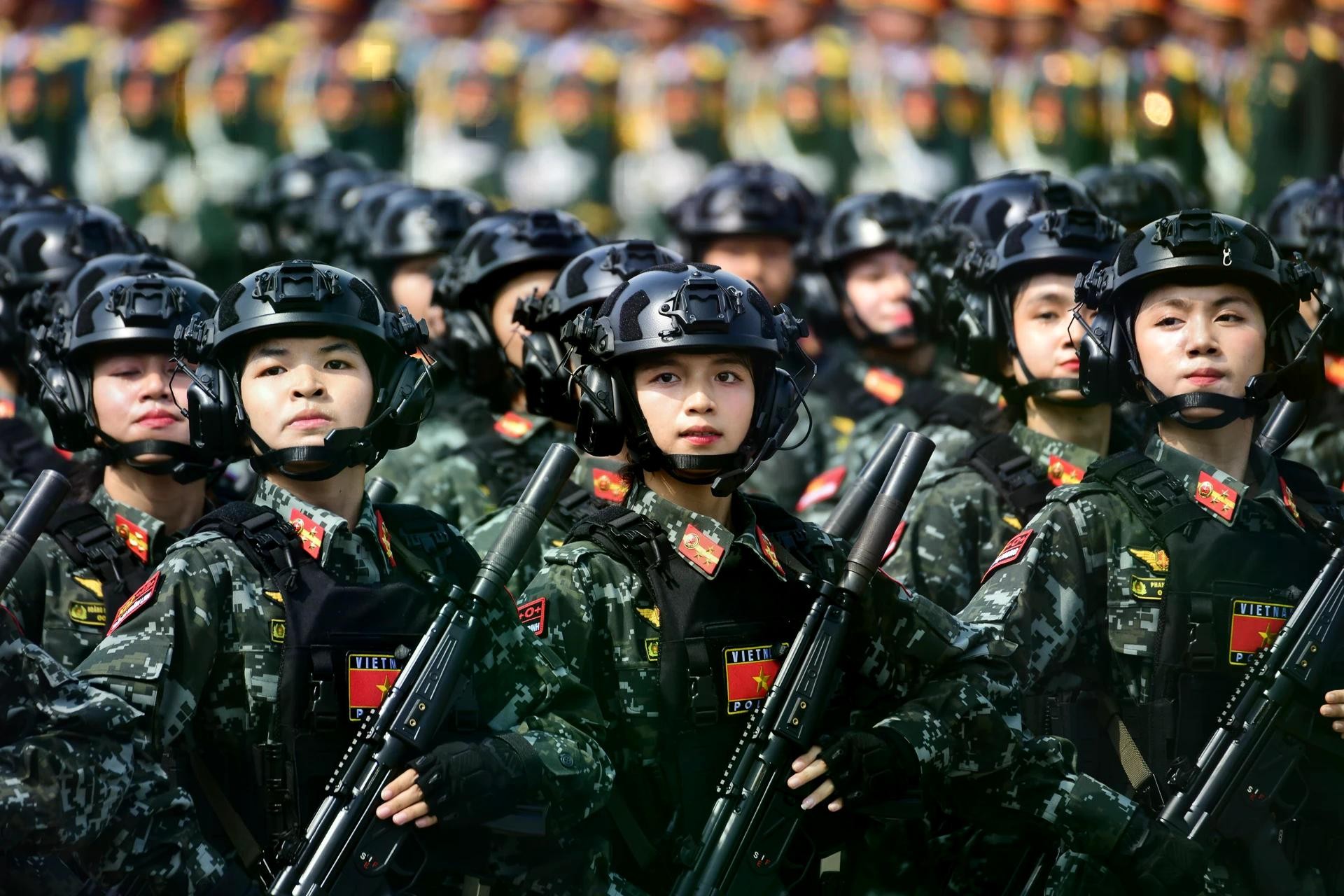




































































Comment (0)